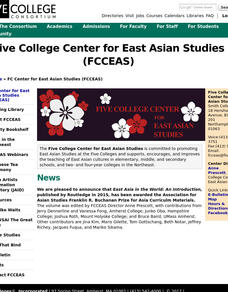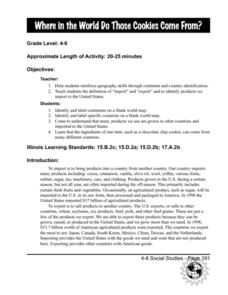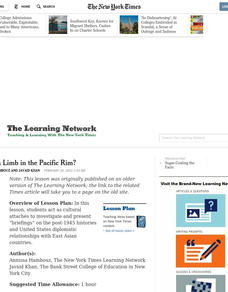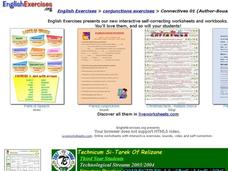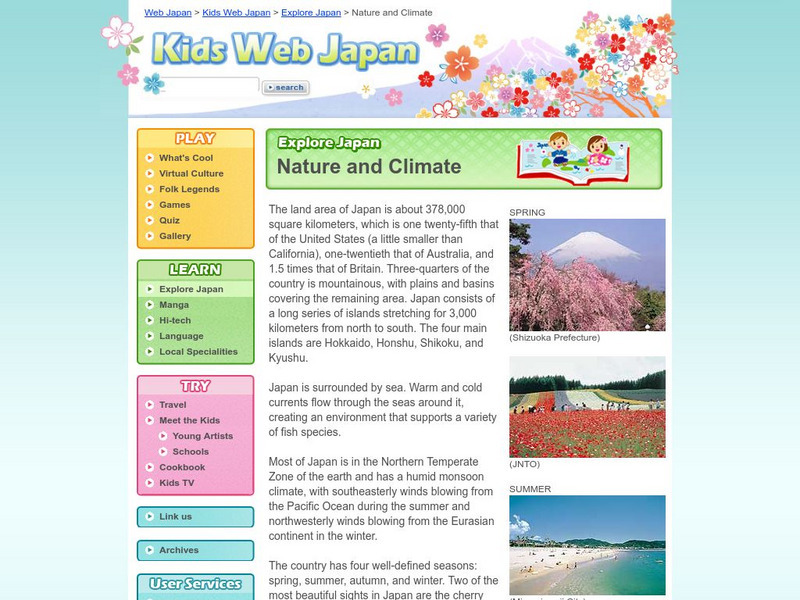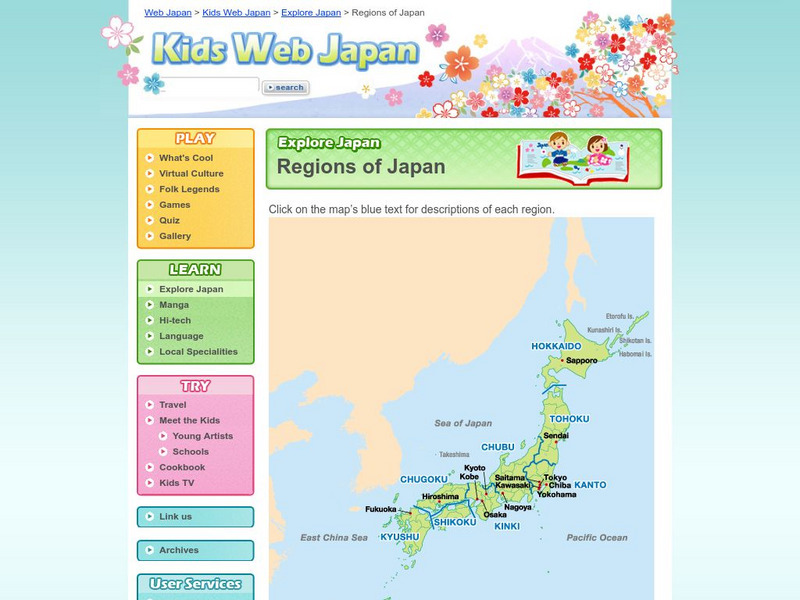Curated OER
Haiku
Young scholars study various forms of poetry and the culture of Japan. They are introduced to a haiku- a traditional form of poetry and an art form in the Japanese culture. They write a haiku and create a student haiku booklet with the...
Curated OER
"Sadako And The Thousand Paper Cranes" Literature Study
Students learn about the legacy of Sadako Sasaki, the atomic bomb, and history through a nonfiction literature study.
Curated OER
Who's The Boss?
Upper elementary and middle schoolers research and analyze some different types of governments. Democracies, Monarchies, and Dictatorships are some of the types that are looked at. Learners use the Internet to gather information that...
Curated OER
Winter Olympics History Year by Year
Investigate the history of the Winter Olympic Games. After researching this event and compiling necessary statistics, pupils use a graphic organizer to chart their findings. A template for a chart is included in this resource. Have your...
Curated OER
Where in the World Do Those Cookies Come From?
Young scholars discuss exports and imports by discovering where the ingredients come from for making chocolate chip cookies. They take a survey of their favorite cookies and create a bar graph to represent the information.
Curated OER
Food and Countries Match
Beijing duck? Italian pizza? Japanese sushi? Language learners match food words with their country of origin. An answer key is included with the colorfully illustrated worksheet.
Curated OER
Out On A Limb In The Pacific Rim?
Students act as cultural attachés to investigate and present briefings on the post-1945 histories and United States diplomatic relationships with East Asian countries. They articulate their foreign policy findings.
Curated OER
Time Zones
Students solve time zone problems and chart travel around the world. In this time zone lesson plan, students learn about the history of time zones and view a time zone map. Students use the time zone map to solve time zone...
Curated OER
Balance of (Nuclear) Power
Students research the 11 nations that are either known or suspected to have nuclear weapons. They draft treaties to effect nuclear non-proliferation or disarmament among these 11 countries.
Curated OER
Why Nations Trade
Students discuss international trade focusing on opportunity cost and the principle of comparative advantage. They engage in a simulation activity based on different countries and their economic benefits.
Curated OER
Global Climate Lesson Plans
Learners explore the concept of global climate. For this global climate lesson, students research and investigate global warming and its effects on the world over the course of 9 lessons. Learners create a proposal that show the effects...
Curated OER
How Islands Form
Students how islands form, rising water levels, growth of coral, and volcanoes. They complete Island Investigation worksheets after researching island formation on various Internet websites.
Curated OER
English Exercises: Conjunctions
In this online interactive English worksheet, students respond to 31 fill in the blank and multiple choice questions that require them to use conjunctions appropriately. Students may submit their answers to be scored.
Curated OER
Global Warming Quiz
In this global warming quiz worksheet, students compete a set of 12 multiple choice questions. Page contains a links to answers and additional activities.
Curated OER
Discovering Asia, Past and Present
Students research a specified country. Using the internet, Inspiration software, tourist information, and their textbooks, students create a multimedia report containing information on the climate, natural resources, the economy, and...
PBS
Nova Online: Japan's Secret Garden
Explore a year in the life of the people and wildlife around Lake Biwa in Japan. Study hibernation, rice cultivation, and the metamorphosis of insects in the area.
Japanese Ministry of Foreign Affairs
Web Japan: Nature and Climate
Would you like to find out how Japan's climate compares to where you live? Read about the climate, topography, and natural disasters. There are many pictures and a quiz at the end.
Japanese Ministry of Foreign Affairs
Web Japan: Regions of Japan
Here is a map showing the nine regions of Japan followed by a brief discussion of the regions and their cultures.
National Geographic Kids
National Geographic Kids: Asia: Japan
Welcome to Japan ! Follow this interactive overview of the country's history, geography, people, government, nature, and more. A map and video are included.
Ducksters
Ducksters: Geography for Kids: Japan
Explore the history, capital, flag, climate, terrain, people, economy, and population of Japan on this site.
Ducksters
Ducksters: Japan History and Timeline Overview
Kids learn about the history and timeline of the country of Japan including early civilizations, classical, medieval, the Edo period, shoguns, the empire of Japan, and democracy on this site.
Other
International Lake Environment Committee Foundation: Lake Biwa (Japan)
See a map of Lake Biwa, and a brief description of the biggest lake in Japan.
The History Cat
The History Cat: Geography: People: Life in Tokyo
Describes features of Tokyo that make it possible for its large population to live there.
Other popular searches
- Japan Geography Worksheets
- Ancient Japan Geography
- Japan Geography Powerpoint
- Geography of Japan
- Physical Geography of Japan
- Medieval Japan Geography
- Japan Geography Mapping
- Japan Geography and Culture
- Japan Geography Themes
- Japan Geography Grade 3
- Japan Geography Poems
- Japan Geography "Unit Plan"
